Reading this novel is an experience tinged with sadness from the start, knowing that its author died in 2018, shortly before his thirtieth birthday. One can’t help wondering what else Victor Heringer might have written, but it’s great that we have such a striking book as The Love of Singular Men from him, in a wonderfully fluid translation by James Young.
Our narrator is Camilo, who grows up in a suburb of Rio de Janeiro in the 1970s. Though he has a condition affecting his mobility, his middle-class upbringing means Camilo’s life is largely untroubled by the wider world. One day, Camilo’s father brings a young boy named Cosme to the house and announces that he is to join the family. Camilo hates Cosme at first, but in time that emotion will blossom into love.
Camilo narrates his story as a middle-aged man looking back. We learn there has been tragedy, and that Camilo struggles to hold on to his memories:
My Cosme has been losing his features over time. I no longer remember clearly what his face was like, just a few broad lines, a few pieces reheated a million times in the imagination: his face when he tasted unsweetened lemonade, the grimace of the first time. A tired smile at the end of a kickabout. […] I’ve recalled these memories so many times that now what I see is no longer my friend’s face of flesh and cartilage, but a worn-out image, buried under fourteen thousand re-rememberings.
Translation from Portuguese by James Young
The past very much lives on in the present for Camilo, and he may be ready to take action now in order to resolve what happened then. Heringer’s novel takes in themes of violence, poverty and marginalisation. You never know quite where this book will turn next, but it’s always fascinating to see.
Published by Peirene Press.


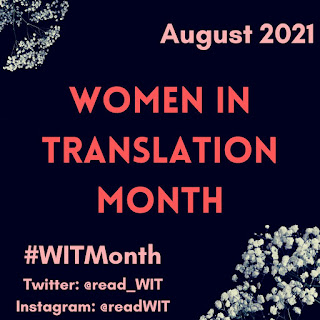
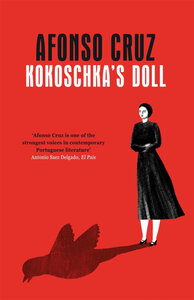
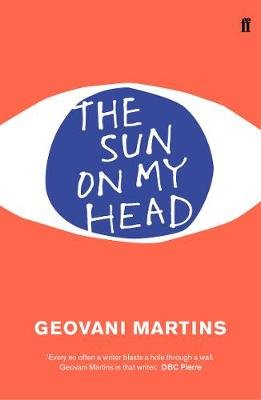
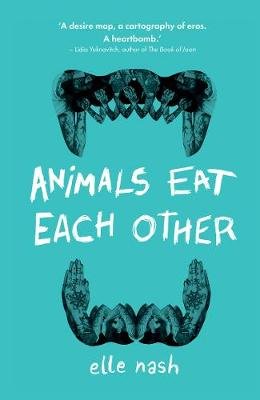
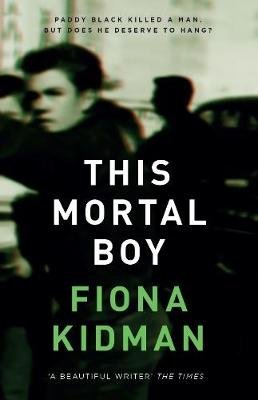
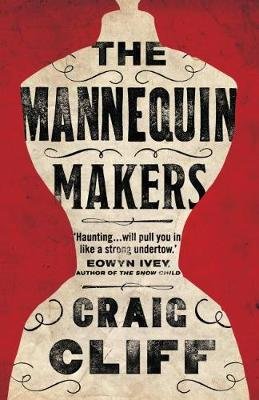
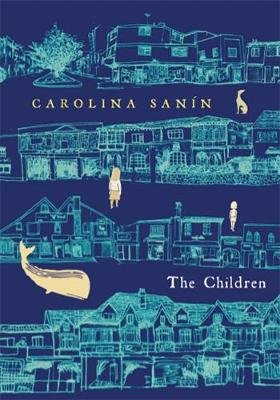
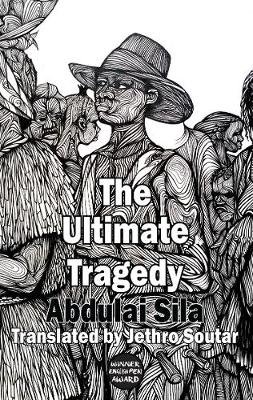
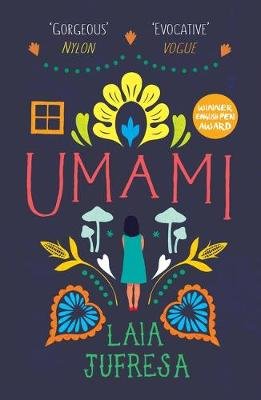
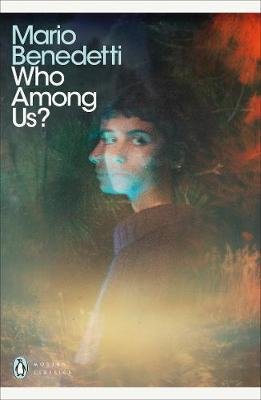
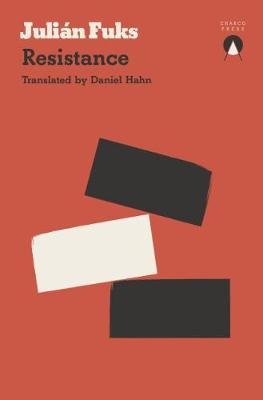
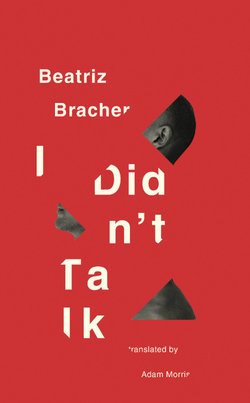
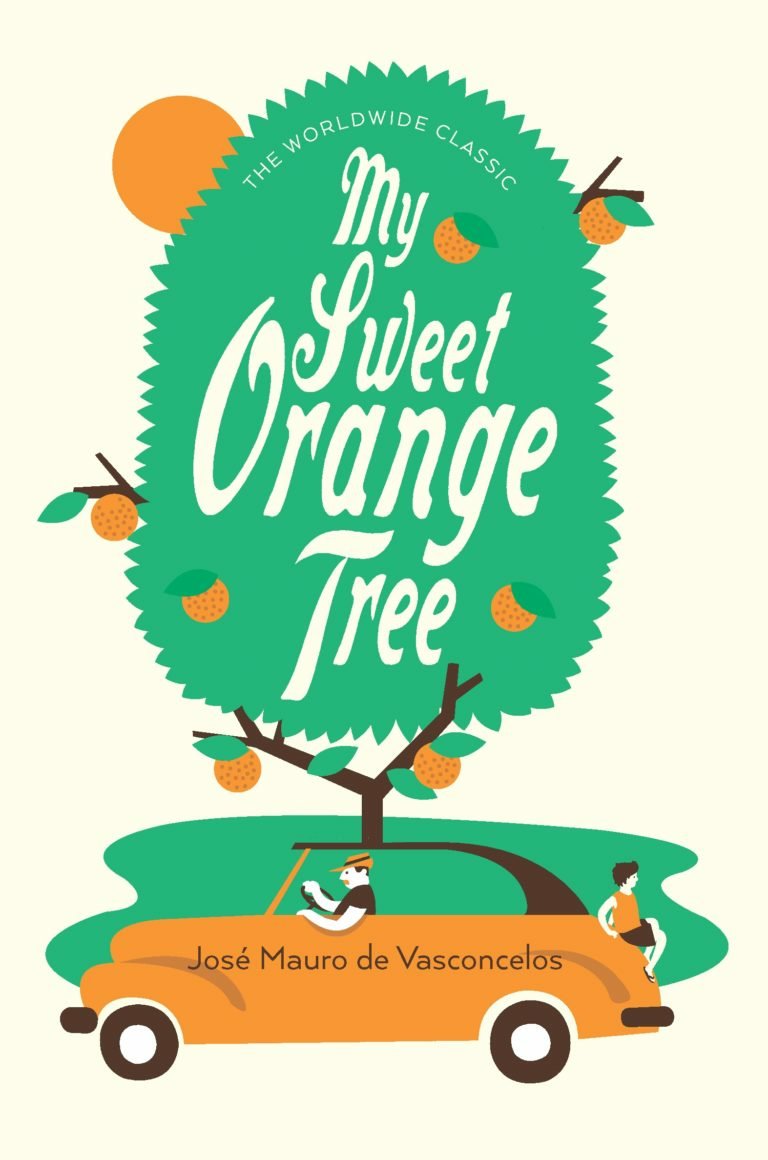
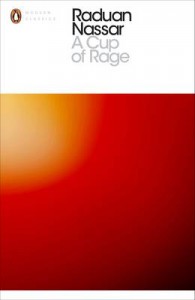

Recent Comments